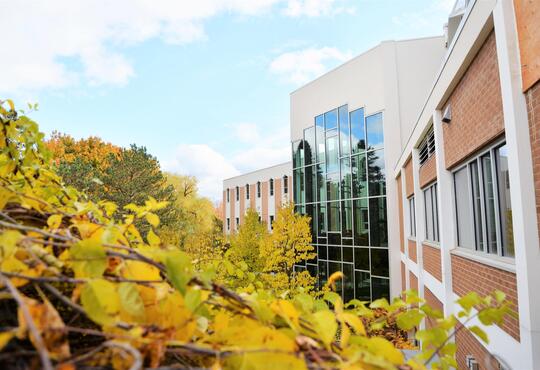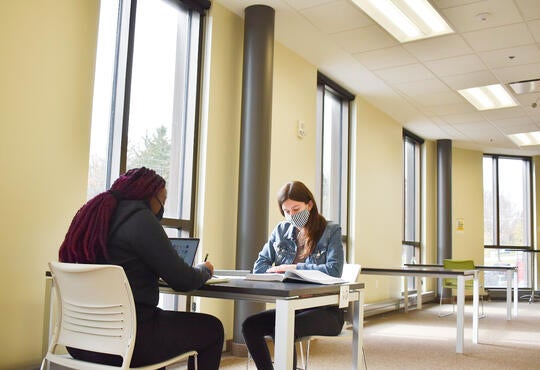The following is a brief excerpt from the 2020 Benjamin Eby Lecture “#MennonitesToo: Sexual Violence and Mennonite Peace Theology,” presented virtually by Carol Penner, Assistant Professor of Theological Studies, on November 12, 2020. This lecture was also the C. Henry Smith Lecture and was delivered virtually at Bluffton University and Goshen College. The Lectureship financially supports research into peace traditions, and is awarded each year to a faculty member from a Mennonite College.
The #MeToo movement has turned a spotlight on sexual violence, and many people are asking, how do we address this reality in our communities? What can we do to stop the violence?
In this lecture I focus on this question in the context of the Mennonite community in Canada and the United States. Mennonites have had 500 years to develop (and sometimes reject) theologies about military violence. Mennonite discussions about sexual violence have happened over a much shorter time frame, even though this violence has always existed.
Mennonites have been publicly discussing sexual violence for around 50 years. My source materials for this research are Mennonite periodicals, such as the Gospel Herald, The Mennonite, The Mennonite Reporter, and Canadian Mennonite. These periodicals are all digitized, and I did word searches on the terms “rape” and “abuse.” I basically looked at every article from 1970 to 2019 that contained those words.
I also searched for the term “war,” to see how often we talked about sexual violence compared to war (spoiler alert: not as much!). World Health Organization statistics say that 1 in 3 women experience sexual violence in their lifetime and some groups of people experience higher rates of sexual violence than that (Indigenous women and people with disabilities, for example). The readers of these periodicals were directly experiencing sexual violence, but the periodicals are more interested in wars far away than in violence close to home.
In my lecture, I make some observations about the content of the reporting. Three things I noticed were the importance of storytelling, using feminist social analysis to look at power differentials, and theological and biblical reflection that spanned a variety of topics.
I also comment on what I did not see in the periodicals, but was hoping to find. I end my lecture by talking about hope. Why am I hopeful that social change will continue and that the church will continue to address sexual violence?







